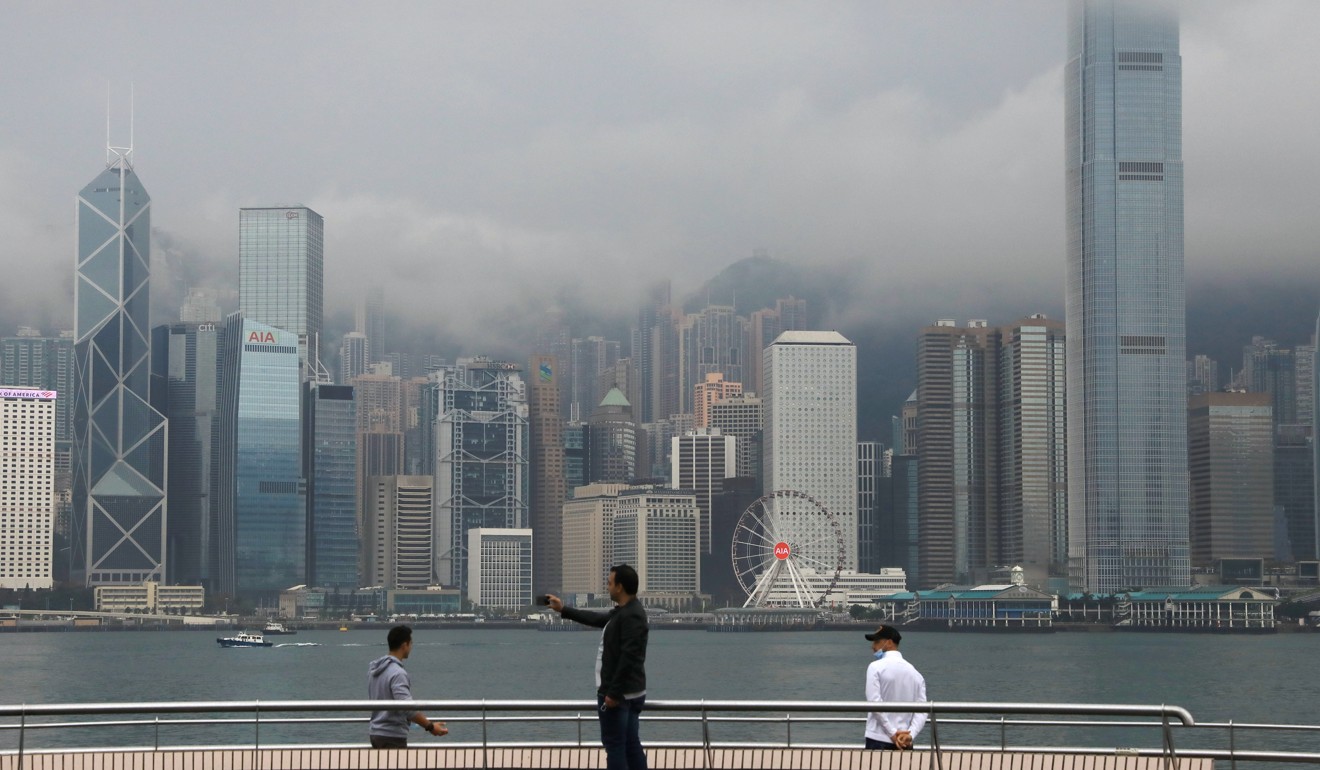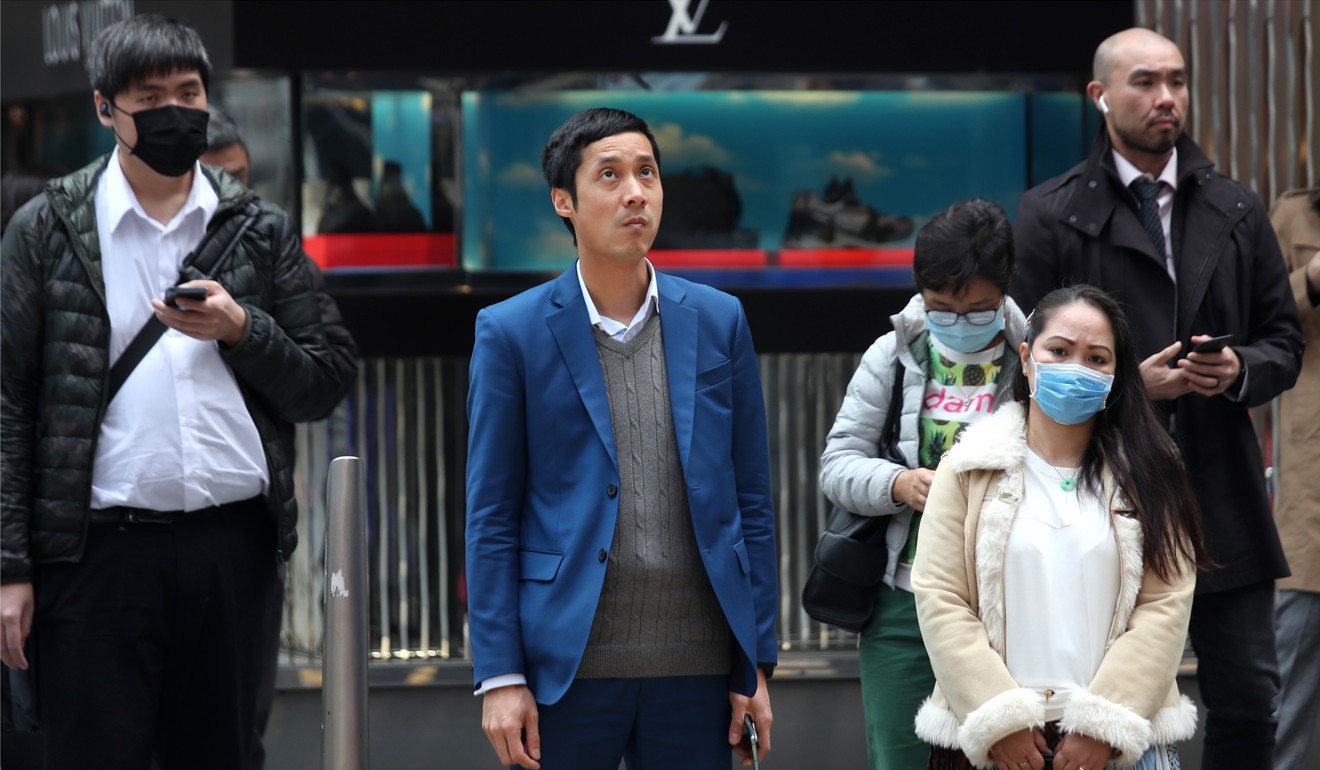
Wearing a mask has little to do with cultural differences
- Hongkongers don’t like to be ‘different’ from others and their conforming mentality provides a sense of belonging and security
- People can choose to behave in whatever way they like, but common decency will always transcend cultural differences
In my last column, I wrote that wearing a mask during a viral outbreak is not simply a means of protecting oneself from infection, but is also a way to show respect and care for those around us.
Shortly after publication, I received some constructive feedback, alongside some hate mail that accused me of being ignorant to the issue.
One reader pointed out that the same respect should be extended to the proper disposal of used masks in public places, and I couldn’t agree more.
Meanwhile, another reader mentioned their fear of being targeted amid rising anti-Asian sentiment taking place in Europe, Australasia, and the Americas.
Selfish behaviours need to be sanctioned and so do racists, who will always act in a belligerent manner and find a way to victimise others.
Hopefully, people the world over will learn quickly that in order to overcome the ongoing public health crisis, we must act as a team and be “at the ready” for the worst-case scenario; this means we cannot afford to be complacent.

If we view a city as a team or a well-oiled machine, we need to think that if one individual fails, the whole team fails because as a single entity, we are only as strong as our weakest link.
Truth be told, Hong Kong people are no strangers to acting as “one”. What makes Hongkongers different from many other cultures is that they don’t like to be “different” and stand out in any way, shape, or form.
This largely explains why many local residents appear to dress similarly, have similar haircuts, and are almost identical in their physical appearances.
Asserting your individuality in the city is not a favourable character trait because standing out means standing alone and being singled out in a big crowd – and it’s normal to feel fearful of being “the odd one out”.
For that reason, Hong Kong is a great place to launch and market new products because the locals will happily lap up the latest trend, no matter how crazy it is.
The psychology that motivates them is in fact the mentality of not wanting to zap su, literally means “pick up losses”; the equivalent expression in English is “losing out”.
It is quite similar to the competitive Singaporean spirit of kiasu, which motivates Singaporeans to thrive to become the best, because, to them, being second best is essentially the same as being at the front of a queue of losers.
The Hong Kong version is less ambitious because it has more to do with not wanting to be out of touch or démodé to current trends.

It doesn’t always mean one wants to be a top achiever, it’s more to do with the fear of missing out, now colloquially known as “FOMO”. It’s the mindset of, “if everyone has it, I need to have it too”.
Once more, this proves how much Hongkongers fear being different from the rest of the herd.
Along that thinking, Hongkongers strongly believe that zap su is the worst predicament that could happen to anyone. This is reflected in the popular local saying, “Being at the front of a zap su group of people is worse than losing your family’s fortune.”
If you have observed Hong Kong people flocking to shopping malls to buy the latest fashionable and trendy items, you will see that they will often go for just one particular brand or one particular item at any given time.
That means it’s not just fashion that they are after; it’s a need to be part of a “herd” because they don’t want to be “left out” or be considered an “outsider”.
Some are keen to show off their expensive purchases and flaunt their wealth, but more importantly, it’s a statement to show they are the same with the others. This conforming mentality provides a sense of belonging and security.
On the contrary, if you dress and behave differently from the norm, you tend to be viewed as being Western or people might describe you as being very gwei, which means very foreign.
Gwei literally means “ghost” in Cantonese as taken from the slang term gweilo or “ghost man” to mean foreigners (Westerners in particular).
For a non-Westerner, being gwei is not necessarily a bad thing. It sometimes implies a hint of envy and is often used as a way to excuse someone who chooses not to adhere to local customs, not out of a lack of respect but mostly due to their ingrained Western habits such as being individualistic.

Speaking of habits, there are some local habits that are considered pretty rude by Western standards such as: speaking loudly; chewing with their mouth open; eating and speaking at the same time; or burping loudly.
However, these habits seem to have taken a back seat since the Covid-19 outbreak.
Despite their devotion to certain behaviours, Hongkongers have been able to curb these habits for the sake of the greater good and adopt new group behaviours such as donning face masks in public.
Every culture has a different standard when it comes to acceptable or unacceptable behaviour, but no matter what nationality they may be, some fundamental values regarding freedom, equality, respect, and shared responsibility remain unchanged.
Of course, people can choose to behave in whatever way they like, but their actions should and must not infringe upon others’ liberties and the basic structure of their lives.
Nevertheless, it is vital to remember that some cultural tics – such as wearing masks – have little to do with cultural differences, because common decency will always transcend cultural differences.
Luisa Tam is a Post correspondent, who also hosts video tutorials on Cantonese language which is now part of Cathay Pacific’s in-flight entertainment programme
Purchase the China AI Report 2020 brought to you by SCMP Research and enjoy a 20% discount (original price US$400). This 60-page all new intelligence report gives you first-hand insights and analysis into the latest industry developments and intelligence about China AI. Get exclusive access to our webinars for continuous learning, and interact with China AI executives in live Q&A. Offer valid until 31 March 2020.

